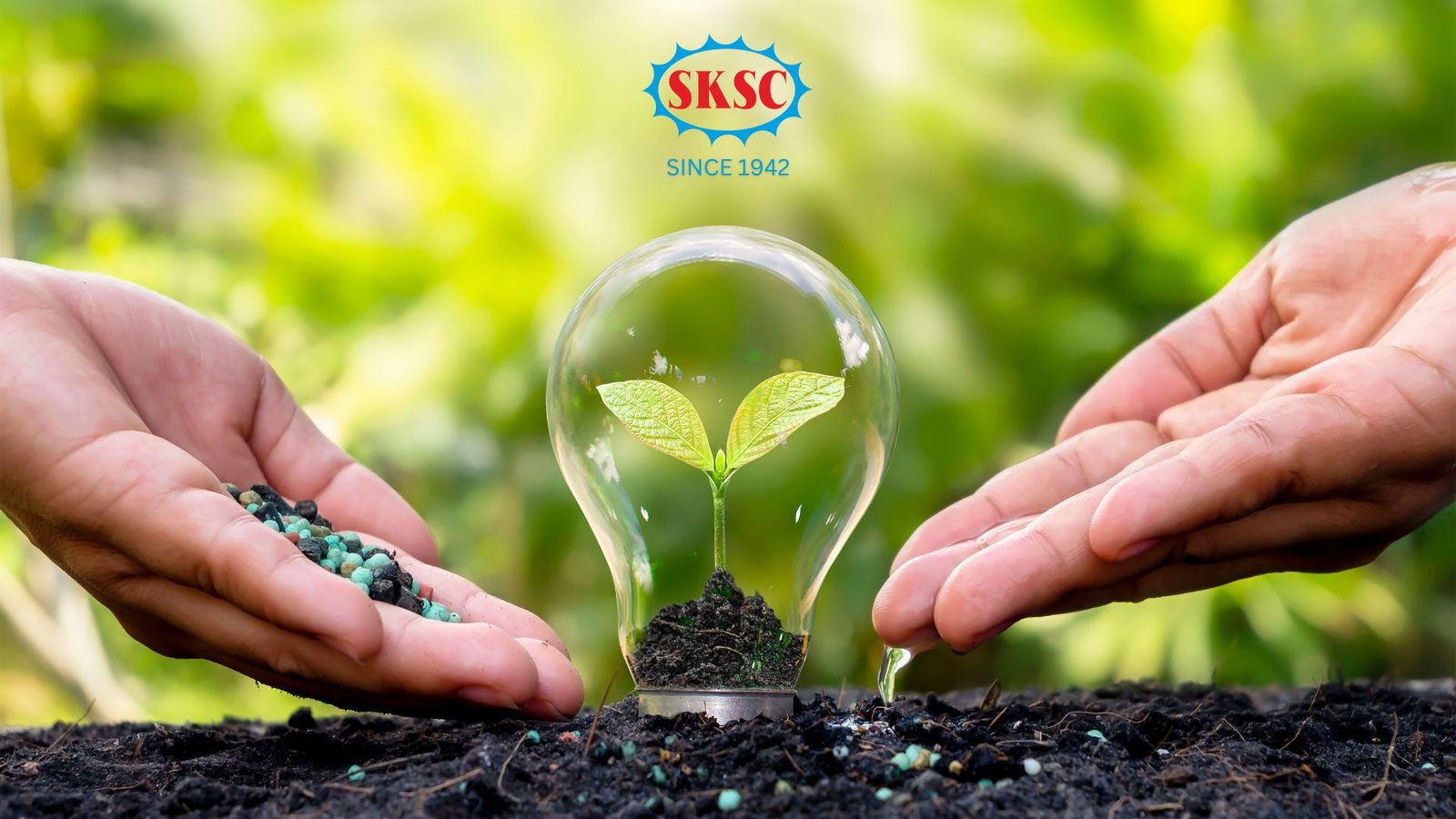
Sodium based fertilizer
To begin, let's clarify some terminology for novice growers who might be reading this piece. The majority of cannabis cultivators today opt for synthetic fertilizers instead of organic ones. Synthetic fertilizers are also known as chemical fertilizers, ionic feeding, or salts. However, this does not refer to table salt. In the realm of chemistry, there exist numerous varieties of salts. Chemists define a salt as a compound made up of two or more ions. When these ions combine, they create crystals known as salts. Whether a compound is table salt (composed of sodium and chloride ions) or ammonium nitrate fertilizer (made from ammonium and nitrate ions), both are classified as salts in the eyes of chemists. With that clarification, let's explore how scientific evidence shows that fertilizer salts do not harm soil biology. When solid fertilizer salts dissolve, similar to other salts, the ions break apart. At this stage, they are referred to as "ions" rather than "salt." This indicates that as soon as fertilizer salts are applied to plant soil, they begin to dissolve, and this process accelerates when watered. Each of the ions possesses distinct chemical and physical characteristics when introduced to soil, allowing them to perform their necessary functions to nourish the plant. In essence, the ions serve as the nutrients that plants require. Regardless of whether the ions originate from synthetic fertilizers, organic fertilizers, or nature, they all become equivalent once the salt molecules decompose into individual ions. This does not imply that organic fertilizers are not superior overall (as discussed later), but rather that in this specific instance, synthetic salts do not adversely affect biology. Plants require every ion present in fertilizers. These ions provide nourishment, but it’s important to note that excessive levels of any ion, including salts, can be harmful. The toxicity levels vary based on the type of ion and the specific plant. A key takeaway is that while plants depend on the ions provided by fertilizers for growth, moderation is essential. The type of soil utilized to cultivate cannabis can greatly influence the required amount of ions. Some soils retain ions far more effectively than others. For instance, ions adhere to clay soils but not to sandy ones. Why is this the case? Because water can easily wash ions away in sandy soil. If plants fail to utilize all the ions, they may accumulate and potentially become toxic. In summary, growers must comprehend their plants, the components of their fertilizers, how the ions affect plants upon breakdown, and how soil characteristics influence ion levels. Organic fertilizers are generally the most beneficial for various reasons. For one, they can enhance chemotype expression. Additionally, they are more environmentally friendly compared to synthetic fertilizers, which can introduce harmful chemicals into the soil and water sources. Furthermore, these chemicals can remain on plants, posing health risks to humans and animals who consume them.
S.K.S.C.NADARAJAN & BROR.
Salt company since 1942
Tuticorin Salt | crystal salt | crushed salt | relish freeflow salt | fine salt | coarse salt | size salt | Salt supplier | Kerala salt supplier | South indian salt export | South India salt company | thoothukudi saltern | Tuticorin saltern | deicing salt exporter | deicing salt tuticorin | Thoothukudi salt exporter | Thoothukudi traditional salt | Sea salt tuticorin | Sea salt Thoothukudi | Thoothukudi salt | India salt exporter tuticorin | salt Thoothukudi India | SKSC salt Tamil nadu | India old salt company | Salt company India | Salt company tamil nadu | Salt company Tuticorin | Tamil nadu Salt | India Salt | powder salt | natural salt india | Best salt company in south india | Salt seller Tuticorin | Salt seller in tamil nadu thoothukudi | retail table salt | common salt manufacturer | desalination salt | Salt for soap industry | Salt for dye industry | Salt for water softening | Salt for spice and masala industry | Iodised Salt | Iodized common Salt | Crystal edible salt | salt for water softening | soil health | Gypsum | Plaster of Paris | Salt allied chemicals | Salt based fertilizer
